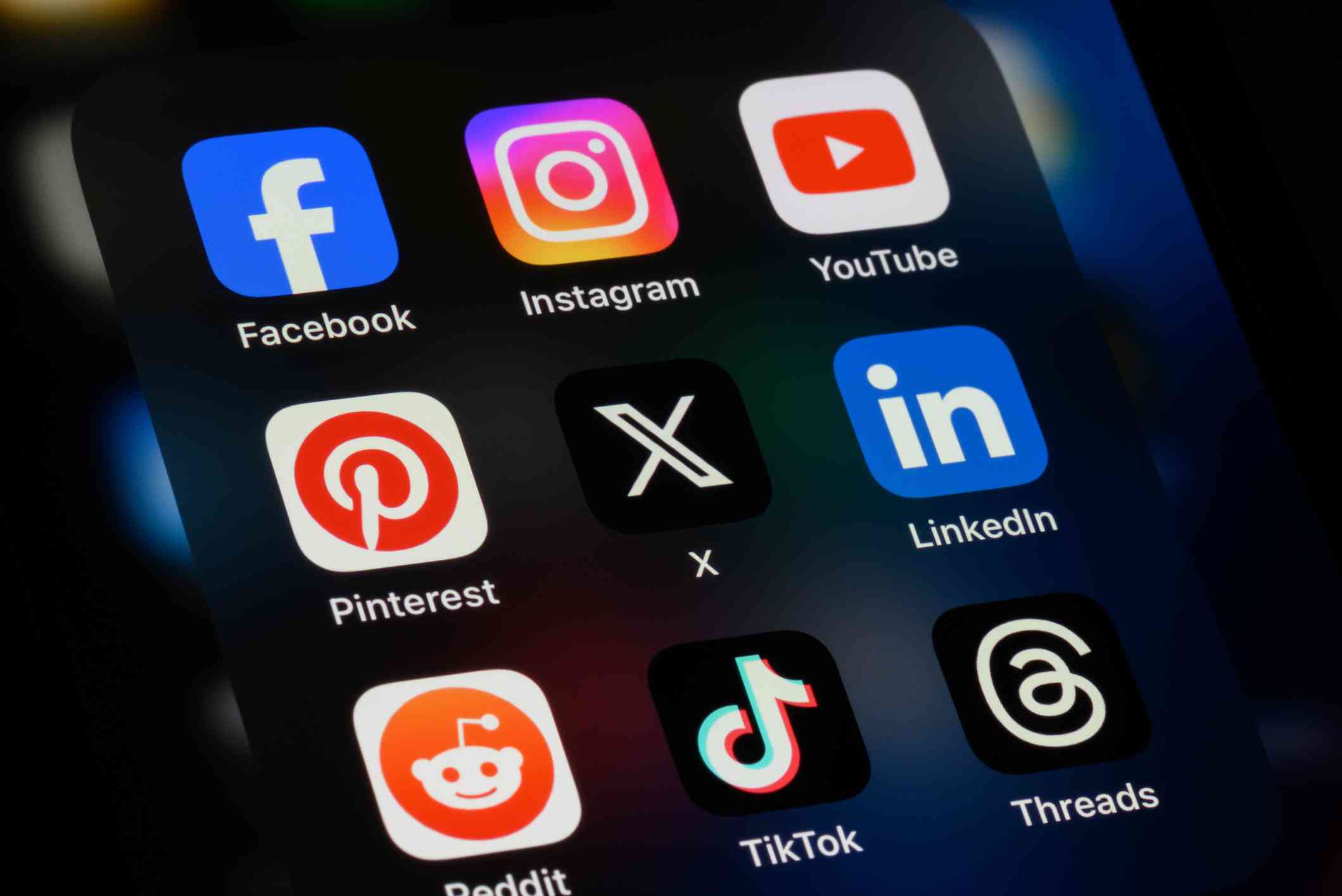
OVER the years, the growth of social media has transformed political commentary in Zimbabwe. It has given a voice to the masses over the years, reshaping the political landscape.
One of the most notable examples of this transformation was the emergence of the #ThisFlag movement, which began online and profoundly impacted the country’s political scene. The movement, spearheaded by Pastor Evan Mawarire, rallied citizens around issues of governance and accountability. Its influence was evident as stay-always were organised and widely adhered to.
When Mawarire was arrested on what many believed to be trumped-up charges, the overwhelming support he received during his court appearances underscored the immense power of social media.
Voices such as Fadzayi Mahere also emerged during this time, contributing to the democratic cause and fostering citizen participation that transcended political affiliations.
The power of social media was further demonstrated during the era of Baba Jukwa, a Facebook character who exposed the internal workings of the ruling party.
Baba Jukwa’s revelations about factionalism and underhand dealings garnered significant public attention, with many eagerly anticipating his posts. The controversy surrounding this character nearly cost then-information minister Jonathan Moyo his job, as he was suspected of being linked to the account.
The state machinery was deployed to neutralise Baba Jukwa, illustrating the extent to which social media had become a central force in driving political discourse.
In the 2023 elections, social media, particularly X (formerly Twitter), became a battleground for political debates. Unlike in previous years when opposition parties dominated online spaces, the ruling party launched a coordinated campaign led by a group known as "varakashi".
- A peek into Zim’s urban-rural divide
- Mahere: The tragedy of Zim
- Social media as a political space
Keep Reading
This group systematically engaged in debates, countered opposition narratives, and often resorted to abuse to drown out dissenting voices.
Their efforts transformed X into an echo chamber for ruling party rhetoric, further solidified when members of the group received Aqua cars as rewards for their efforts.
As the opposition struggled to counter the varakashi’s strategies, it found itself on the back foot.
The loss of agenda-setting power, coupled with widespread misinformation and disinformation, forced the opposition to adopt a defensive stance.
This shift eroded the quality of political debates, reducing them to polarised and binary arguments. The opposition also faced internal challenges, including splits, court battles, and instances of violence, which further undermined its cohesion.
Distrust among opposition players grew, giving rise to accusations of betrayal and fostering a divisive "us versus them" mentality.
This polarisation extended to broader social media platforms, where meaningful engagement on critical issues became increasingly rare.
Discussions devolved into insults, vulgarities, and blind loyalty to political leaders, often at the expense of substantive debate.
Government supporters largely parroted official narratives, rarely offering independent critiques, while opposition factions also resorted to trolling and personal attacks. A faction within the opposition, known as Mazizi, emerged to defend former Citizens Coalition for Change president, Nelson Chamisa, often engaging in gaslighting and promoting revisionist narratives, such as claims that Ian Smith’s era was preferable to the present.
The once-promising potential of social media as a space for mobilisation and dialogue has been eroded by these dynamics.
The environment has become hostile to public intellectualism and constructive conversations, with many users prioritising playing to their respective bases over engaging in meaningful exchanges.
As the year unfolds, it is crucial to recognise the power of social media and its role in shaping public discourse.
Creating an environment that promotes meaningful conversations and prioritises the contestation of ideas over personalities is imperative.
While our values and aspirations as a society may align more than we realise, the lack of constructive dialogue has hindered our ability to understand one another.
Social media retains the potential to be a uniting force and a platform for mobilisation. By reviving public intellectualism and focusing on shared goals, we can restore its capacity to drive progress and unity in Zimbabwean society.
Mapfumo is a research associate at the African Leadership Centre in Nairobi, Kenya. He can be contacted on X.











